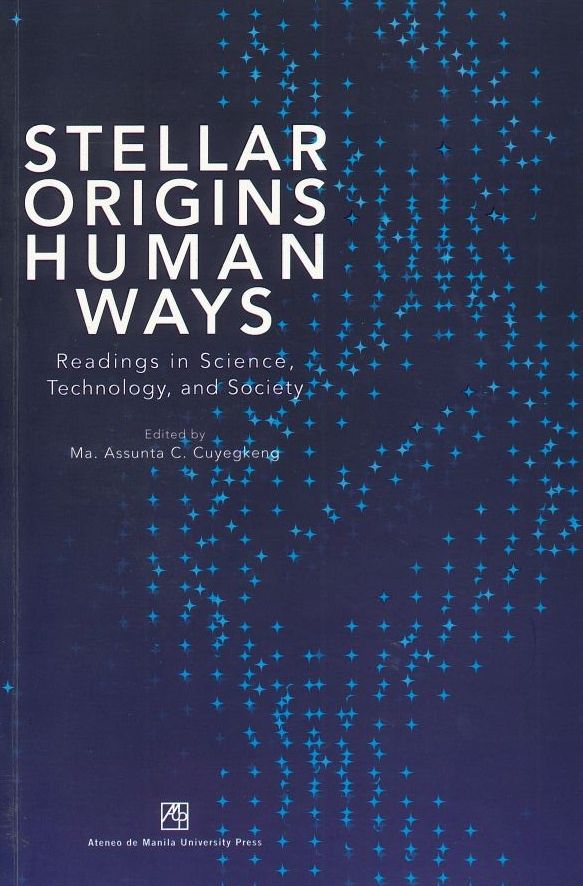
Course Description
The 20th century witnessed giant leaps in science and technology. Quantum mechanics and Einstein's theory of relativity completely overhauled our ideas about matter and energy, and of time and space. The discovery of the gene-protein link and the unraveling of the genetic code gave man the power to manipulate the very make-up of living organisms, including his own. And, for the first time in history, human technological activity on the mass scale has the potential to alter the face of the planet.
"Science and Society" (Sci 10) is the terminal course in the natural science core curriculum at the Ateneo de Manila University. It aims to situate and synthesize the student’s previous science courses within the backdrop of these contemporary scientific concerns and discourses. The scope of topics range from age-old human questions about origins, to more current issues in biotechnology, the environment, and sustainable development.
The approach is interdisciplinary and shall touch on concepts from the various sciences including physics, biology, chemistry, and earth and environmental science, as well as their sub-disciplines such as cosmology, material science, and molecular biology. The course shall consist of lectures and special seminars, readings, discussions, and written and oral papers.
Many issues we face today are scientific and technological in nature. The aim of this course is to help non-science students understand some of these issues and to form their own relevant response.
Objectives
By the end of the course, the student is expected to: (a) understand the nature of scientific practice and discourse that is common to the different disciplines of the natural sciences; (b) recognize and articulate the underlying paradigms in modern science (e.g., quantum theory, relativity, standard model of particle physics, central dogma of molecular biology, climate change), at least in qualitative terms; (c) deploy these concepts from modern science in thinking critically about contemporary social and environmental issues that are scientific and technological in nature; (d) formulate relevant responses that take into account both scientific and non-scientific aspects of these issues.
Textbook
MAC Cuyegkeng, ed, Stellar Origins, Human Ways: Readings in Science, Technology, and Society (Ateneo de Manila University Press, 2011)
View/download/print course syllabus.
For further readings, check out our Science and Society collection at The LibraryThing.
